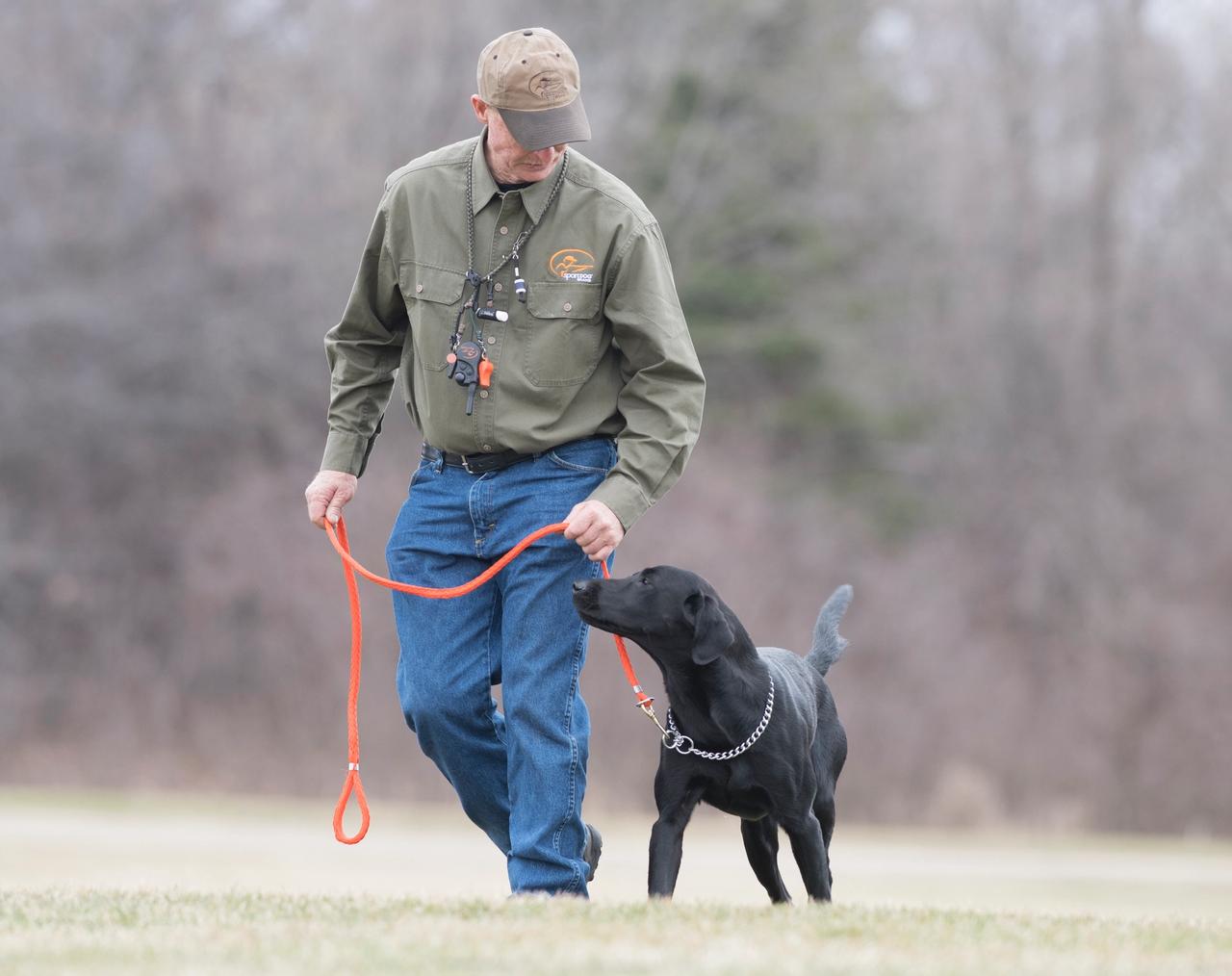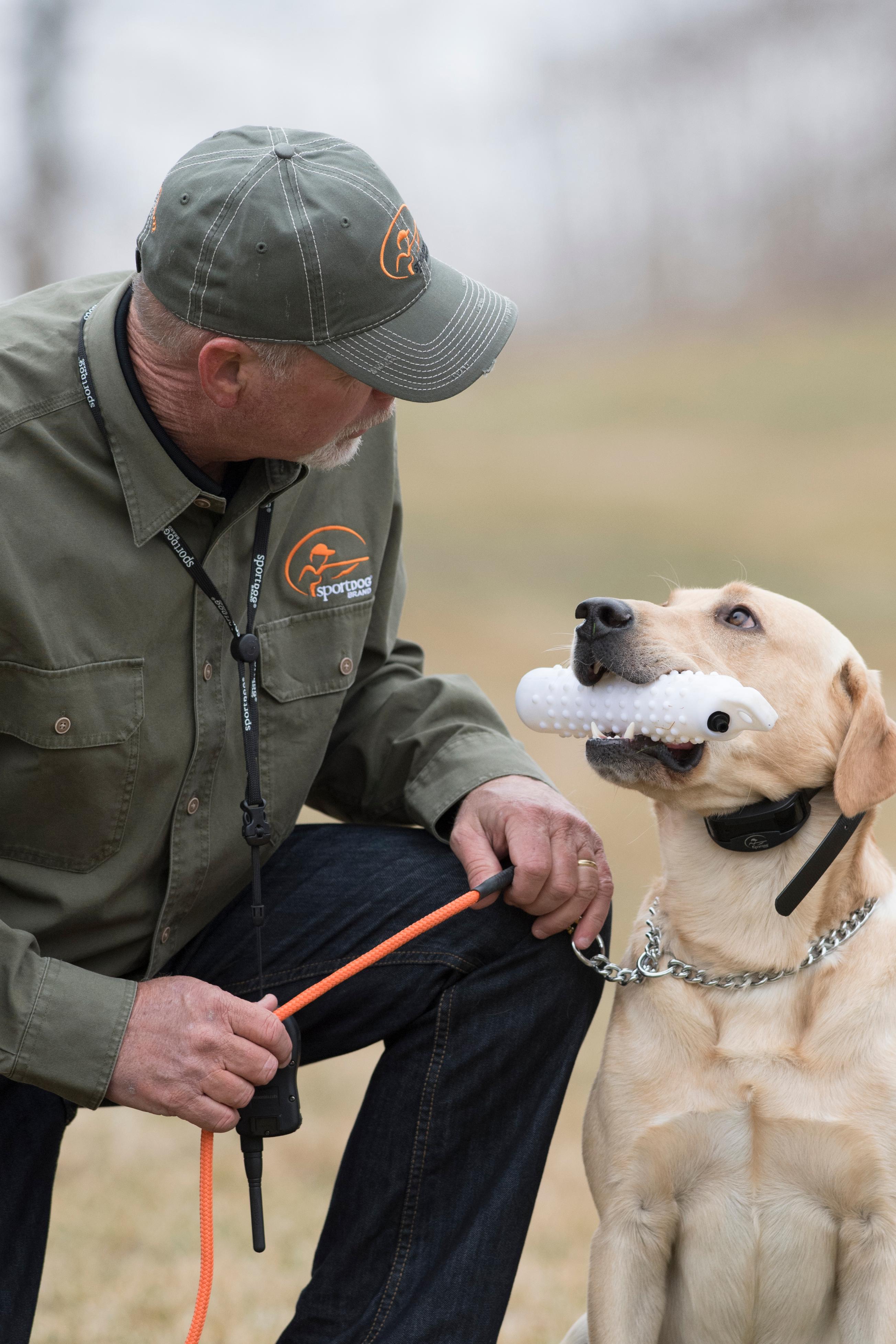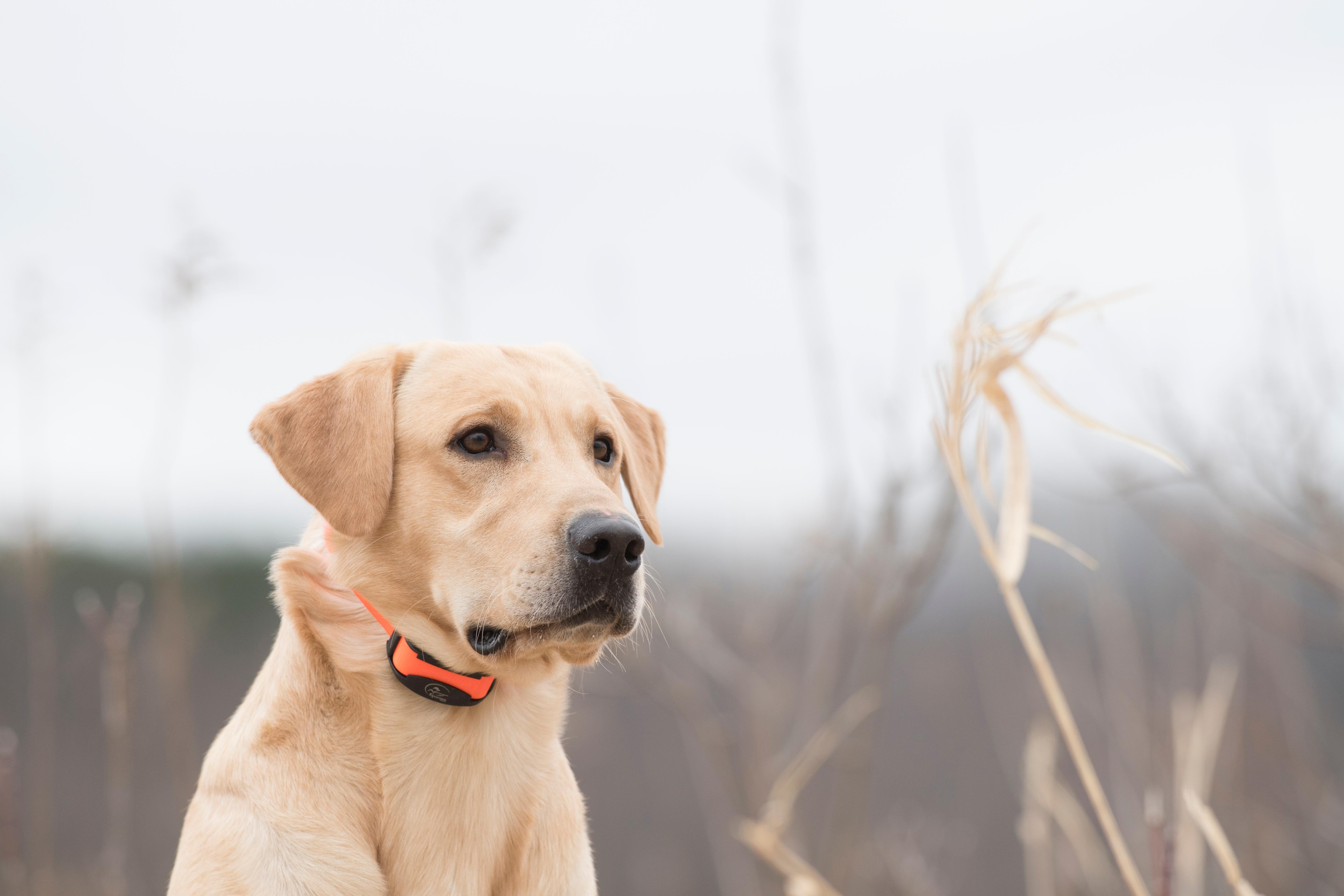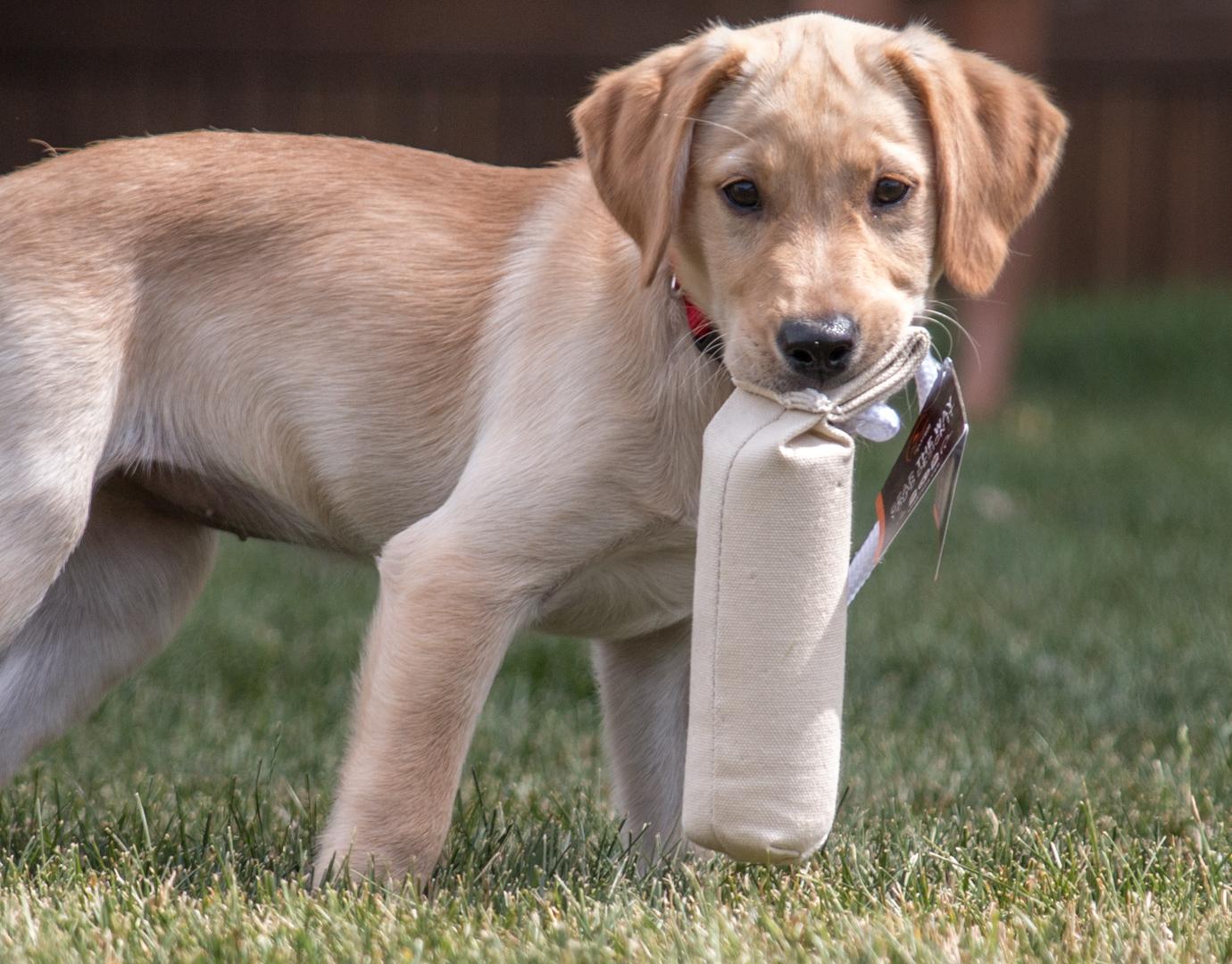
5 Things Dog Trainers Do Best
Posted by The SportDOG StaffDog trainers are one of a kind. We all come from different backgrounds, careers, and experiences. We have different styles and beliefs about what we do, but still, there are a few things we all share. We all share some pretty awesome strengths. Here are some top 5 places where we shine:
5. Get Up Early
Dogs can’t tell the time. As long as they’re rested, they can work and most of the time that means starting with your first dog in the early hours of the morning. Sometimes this is to avoid the dangerously high temperatures of a summer afternoon, sometimes it's because we have early appointments, meetings, trade fairs, or just a lot of dogs we’re working with that day. Whatever the reason, we’re usually up, out, and kitted out with the dogs before most people have breakfast.
4. Exercise Adaptability
Training dogs is a lot like having children: no single plan suits all. Every dog presents its own unique set of skills and shortcomings. Each has his or her own way of learning. We've got to be willing and able to adjust our plans so that each pup gets the most out of his training time. We've got to be able to go back if a dog is showing regression and we've got to be willing to develop new plans if our timelines are thrown off by illness or injury.
3. Seek knowledge
Dog training has come a long way over the years, and most of that is because we dedicate ourselves to honing our craft. We all know there is more than one way to accomplish an end goal in training so we’re always open to hearing other people’s experiences or investigating new products. We know that the day you think you know it all is the day you need to get out of the business, and we’ve got no desire to move on.
2. Be Consistent
Consistency is ingrained in the DNA of a dog trainer. Consistency is key to dog training, and we know it, so you better believe we are some of the most consistent people you will ever meet. We set expectations and we react to missed expectations the same way every time. It might seem a little boring to some, but it’s what gets the job done.
1. Have Patience
Mercy, do we have patience. We might not have been born with it, but it has been instilled in us over the years because above all else, this is what fosters success. We've learnt patience with our dogs because you can't hurry a champion. We've learnt patience in ourselves because we've made mistakes, and whilst early on we might have chastised ourselves for those, we now understand the lessons we learnt from those mistakes are what have made us great. We've learnt patience with new handlers because we know we were once there, too, and no one is perfect straight out of the gate. The important part is they're willing to be patient and keep trying.
Obviously, there's a lot more we're great at, but these 5 topped our list.
Related Articles

Training Commands: Speak Less, Reinforce More
by Charlie Jurney
No matter how good our intentions, we hunters and dog trainers as a whole commit one error that sets our training progress back and creates additional problems. We commit this error over and over again, and it’s vitally important to recognise it and fix it. What am I talking about?...

Training Your Retriever for Double Duty
by Charlie Jurney
If you own a waterfowl dog, chances are that sooner or later you’re going to ask it to perform upland duty. It might be a pheasant hunt as a sideline to your Dakota duck hunt, or maybe an afternoon of quail hunting after a morning goose hunt. Most retrievers handle...

Training Your Retriever with Dummies
by The SportDOG Staff
Training a retriever can be one of the most rewarding experiences any hunter can have. There are no secrets involved: just patience, repetition, perseverance, consistency and the ability to anticipate reaction. In short, the trainer needs to be just a little smarter than his pupil. This is not always as...
